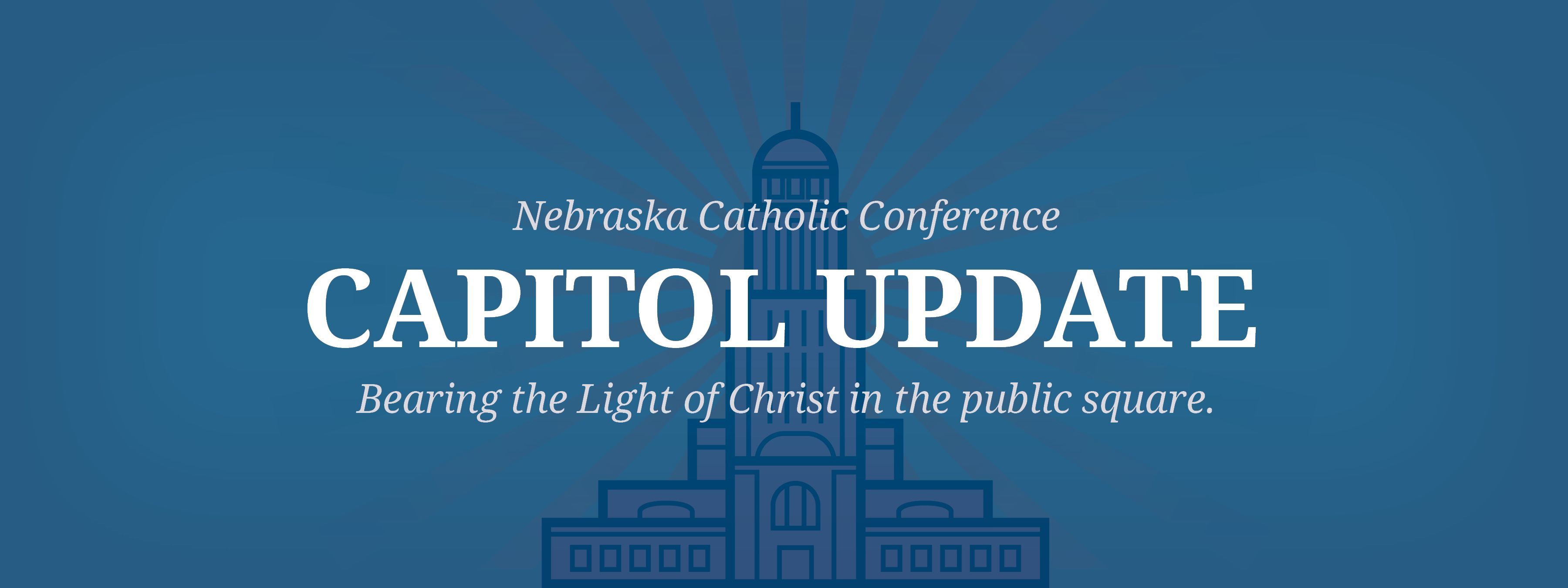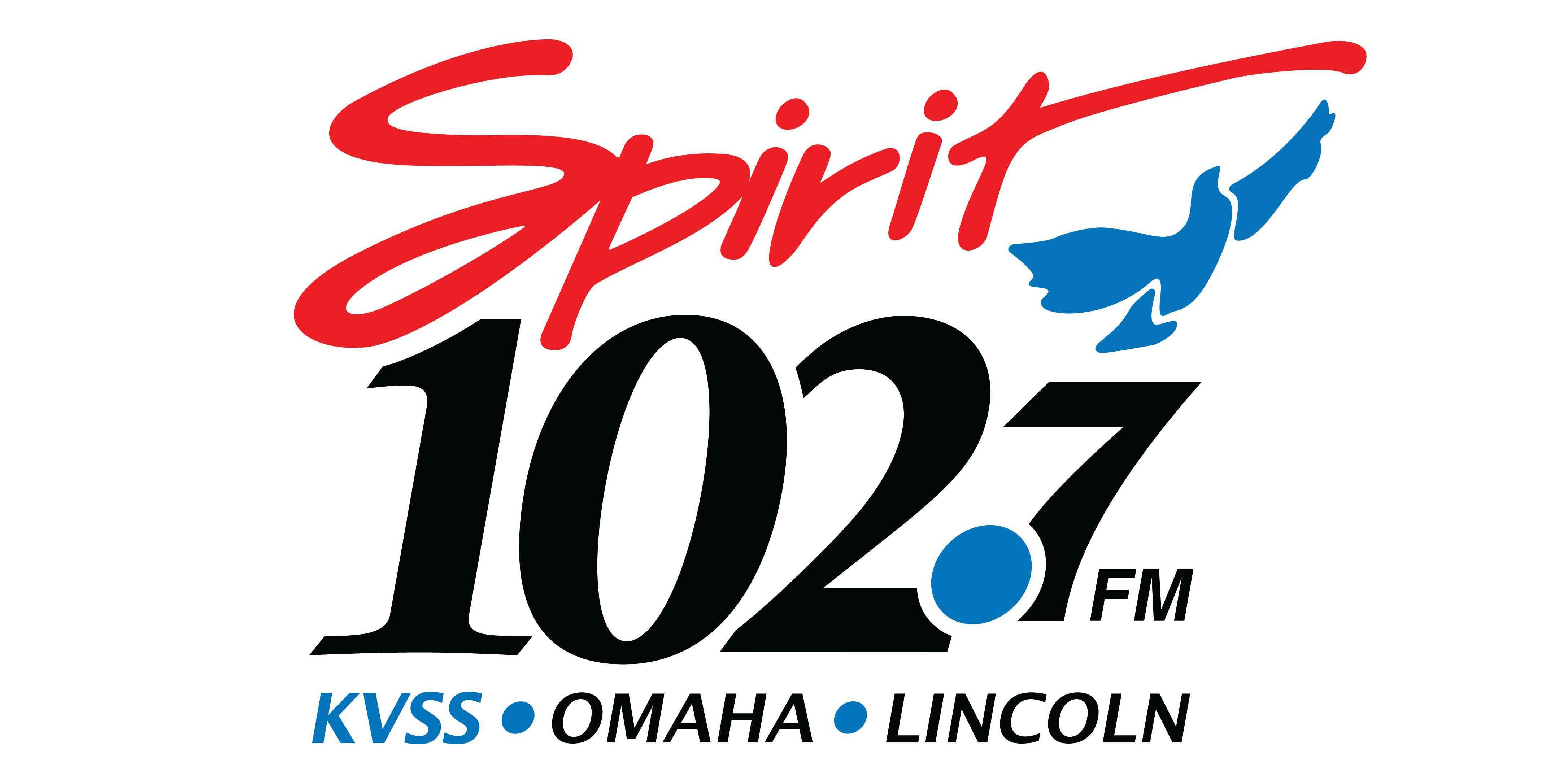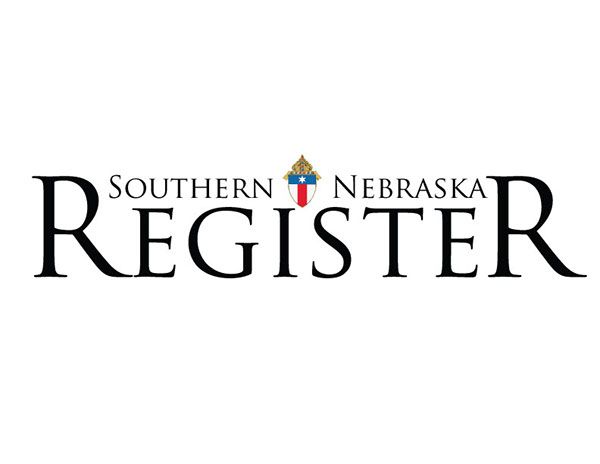Religious Freedom Week is right around the corner (June 22-29). It is a great time of the year to more intently pray, reflect, and act to promote religious freedom, which is our “first, most cherished liberty.” But before we dive into the contents of Religious Freedom Week, I want to invite you to an upcoming religious liberty event.
On Monday, June 20, at the Cathedral of the Risen Christ in Lincoln, the Nebraska Catholic Conference will host “Bishops and Brews.” This event will be an opportunity to come together as a community to celebrate religious freedom. The event begins at 7 p.m. with a social hour featuring some local breweries (cash bar), followed by a religious liberty panel discussion at 8 p.m.
Joining us for this event will be Bishop Conley who will be featured in the panel discussion alongside State Senator Suzanne Geist of Lincoln (a tremendous pro-life and religious liberty champion in the Unicameral), and yours truly.
So, if you want the opportunity to drink a beer with your bishop, don’t miss out on Bishops and Brews June 20. If you happen to be in the Grand Island area June 22 or Omaha area June 30, join us for our other two Bishops and Brews events. More information is available at www.necatholic.org.
Now, back to your regularly scheduled programming.
If we are going to celebrate Religious Liberty Week, it is a good opportunity to refresh ourselves about what religious liberty is. While I’ll do my best to give a brief synopsis here, I highly encourage you to read two relatively short, but rich texts: Catechism of the Catholic Church paragraphs 2104-2109 and the Second Vatican Council’s Declaration on Religious Freedom, Dignitatis Humanae.
Reading these two texts, we can find some key elements of religious freedom.
First, religious freedom is rooted in the dignity of the human person. God has endowed each person with the gifts of intellect and will. We are hard-wired, you might say, to pursue and know the truth, and to live it out through our actions. This desire for truth stretches from things practical, like knowing the truth of how to properly plant a seed in the garden, to things divine, like knowing the truth about God.
Second, as we seek for the truth, we cannot be coerced or unduly restricted. To be able to think freely about religious truth implies that one should be able to freely act—within reason—on those convictions. Religious freedom is practically meaningless if it only means you can think about things divine but prohibits action in pursuit of the divine.
Third, religious freedom includes a respect for diverse religions. Notably, this does not mean every religion or religious tenet is equally true or even true at all. But religious freedom, as it is a limitation on the government attempting to coerce or prohibit a person’s search for divine truths, acknowledges and respects the various ways by which a human person finds their way to the divine.
Fourth, because religious freedom pertains to the pursuit of divine truth, it aims to bring about devotion and adherence to the “one Church of Christ” which is the Catholic Church. Christians have a particular duty in the exercise of their religious freedom to “awaken in each man the love of the true and the good” and to “show forth the kingship of Christ over all creation.” In other words, religious truth is not relative or pluralistic, all religious truth is ultimately aimed at knowing and loving the Triune God.
At this year’s Memorial Day Mass at Calvary Cemetery in Lincoln, Bishop Conley underscored the importance of memory and, using a former seminary professor’s definition, stated that memory is “a faculty that forgets.” We cherish and celebrate events like Memorial Day, 4th of July, birthdays, death anniversaries, etc., because as human beings we are prone to forget—our memories too often fail us.
Religious Freedom Week is an opportunity to remember—to place in our memory once again—the richness of religious liberty. In the words of St. Paul: “Whatever is true, whatever is honorable, whatever is just, whatever is pure, whatever is lovely, whatever is gracious, if there is any excellence, if there is anything worthy of praise, think about these things.” Take time this Religious Freedom Week to pray and think deeply about religious liberty—and then take your religious liberty show on the road.







